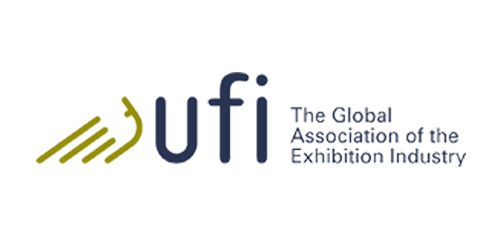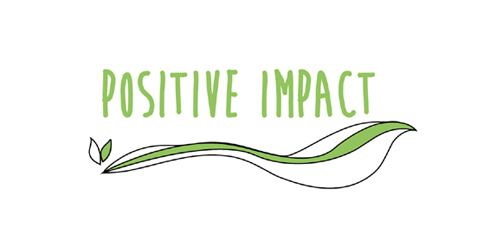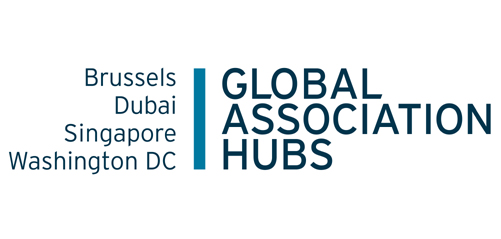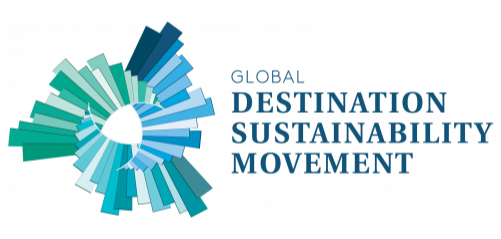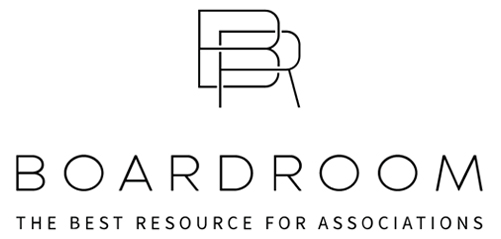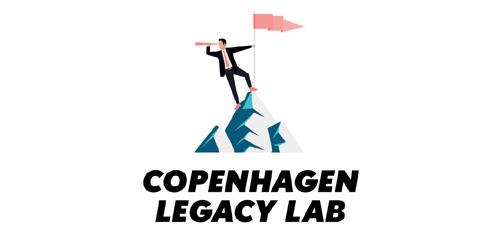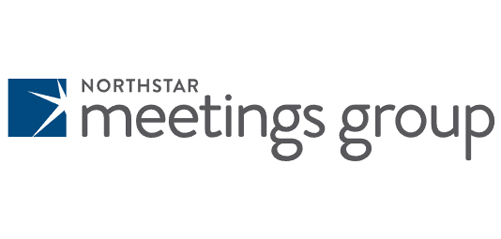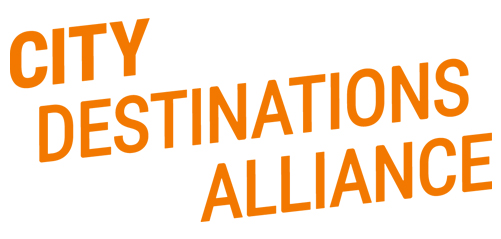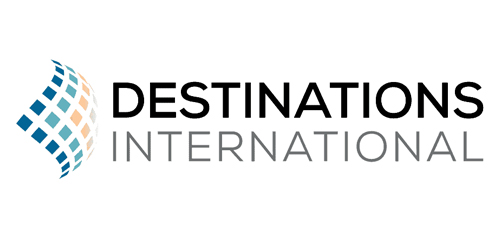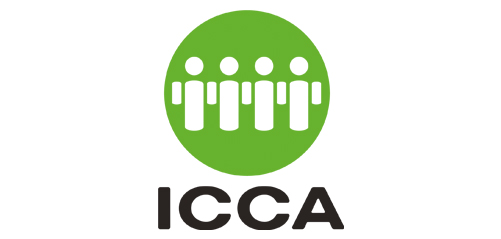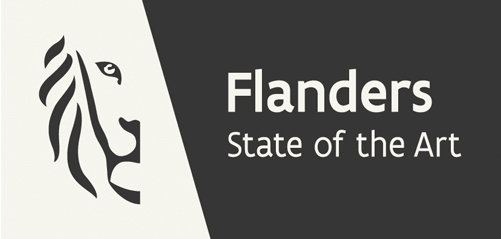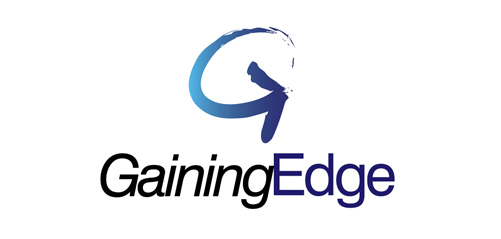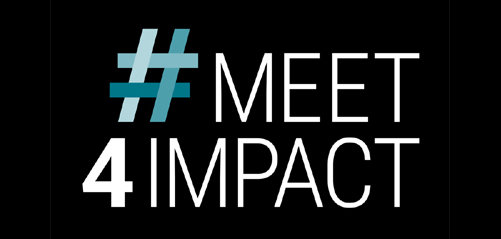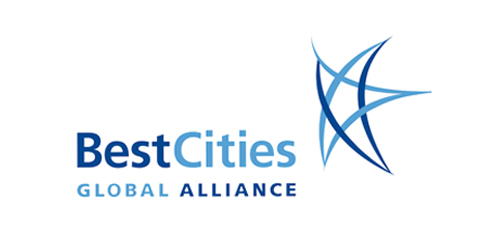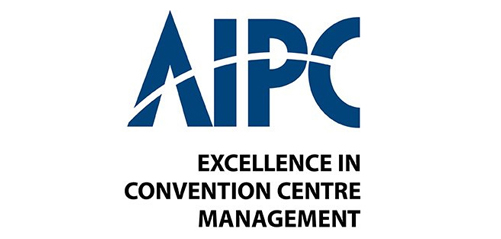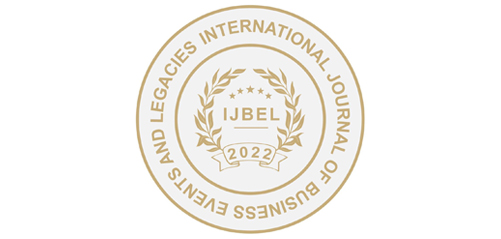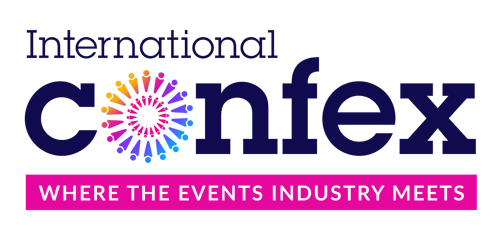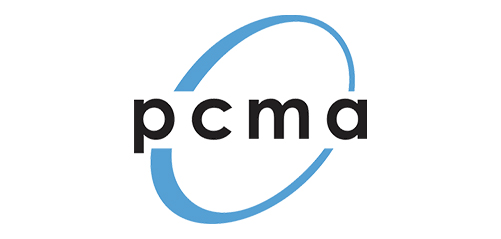The study explores the benefits and barriers for individual researchers and universities when hosting research conferences. The study has been commissioned by the Danish Council for Research and Innovation Policy – an advisory body to the Danish Minister of Higher Education and Science. Thereby the study situates the hosting of research conferences as a potential tool for enhancing the national science system.
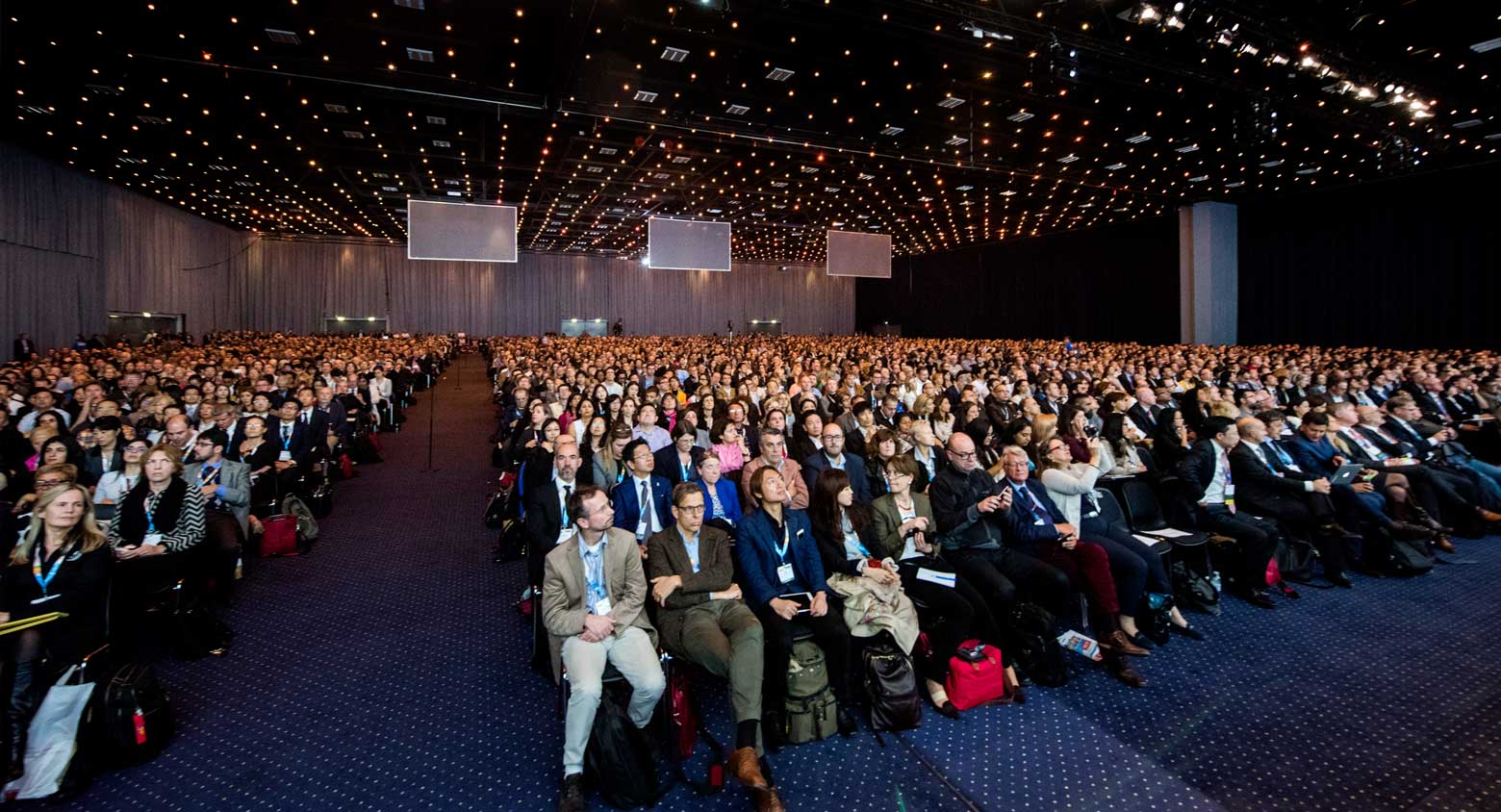
The six events in the study include the European Society for Medical Oncology Congress 2016.
The study concludes that the individual researchers benefit mainly in terms of increased visibility and networking. The host institution and wider research environment benefit by easier access to recruitment, involvement of PhD students and younger researchers, as well as increased visibility. There are a number of barriers related to hosting international conferences of which the most prominent are lack of time and resources.
International Research Conferences: The Academic Impact by Aalborg University and Wonderful Copenhagen (full report)
Feedback: How Hosting Benefits Destinations (Association Meetings International article)

The ESMO 2016 Congress drew 20,522 oncology researchers to Copenhagen.


